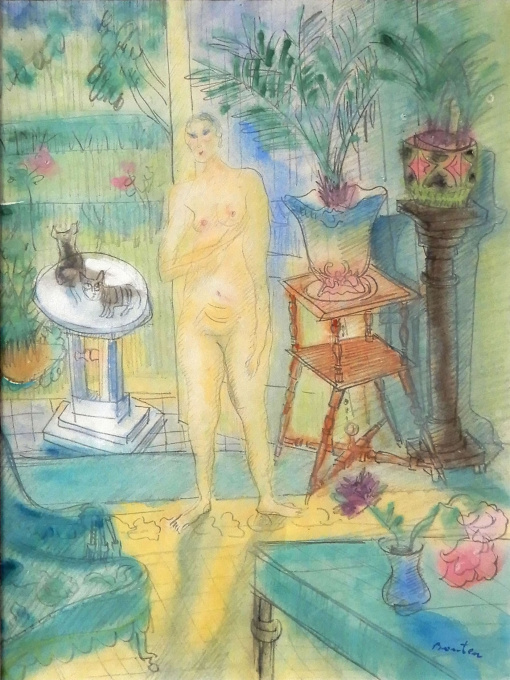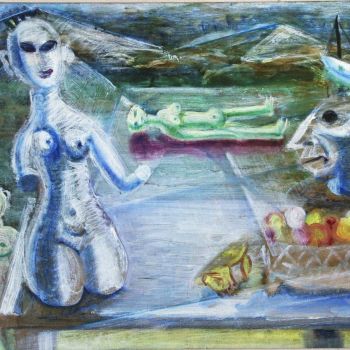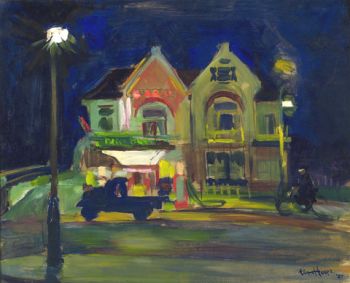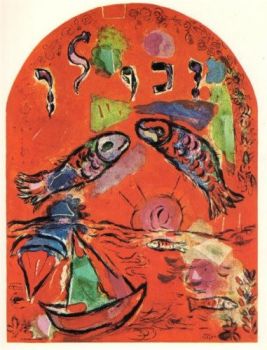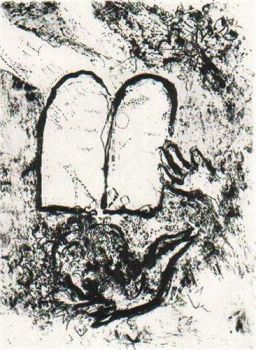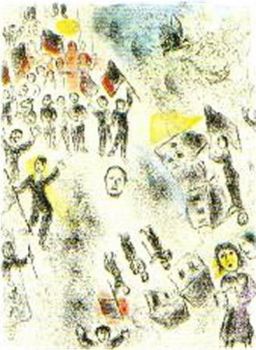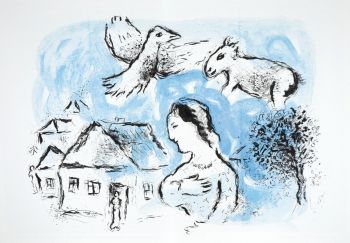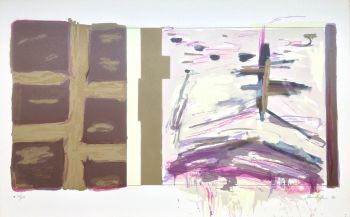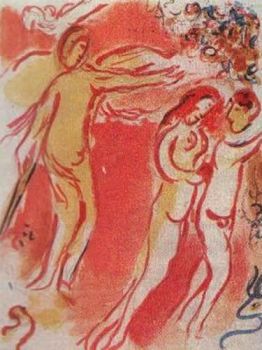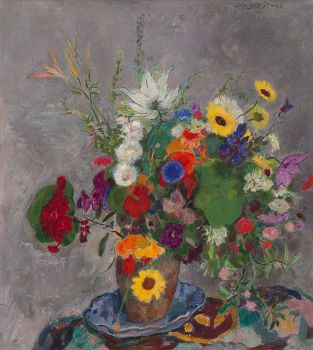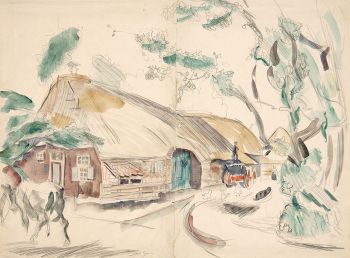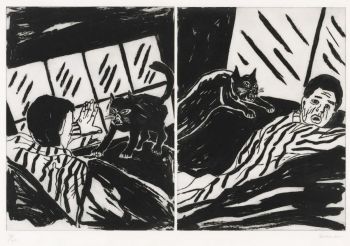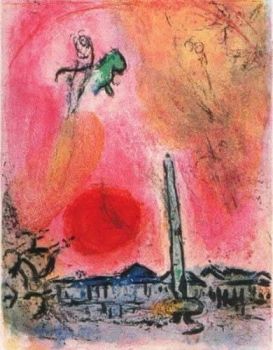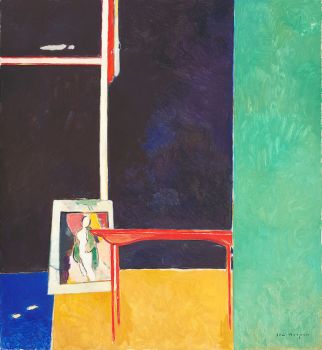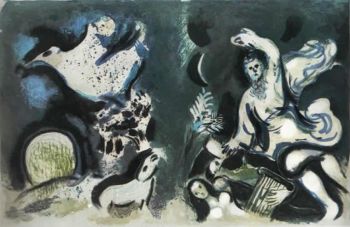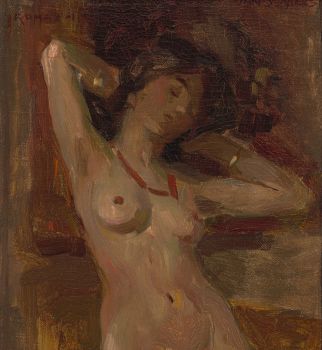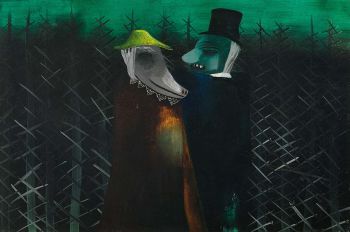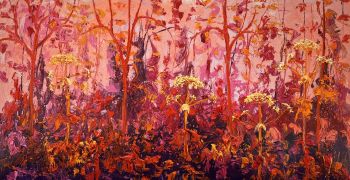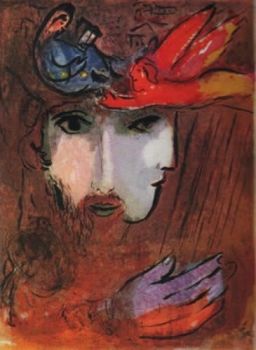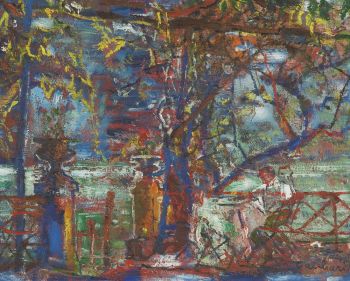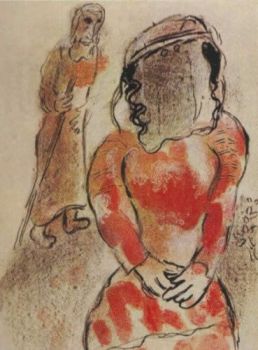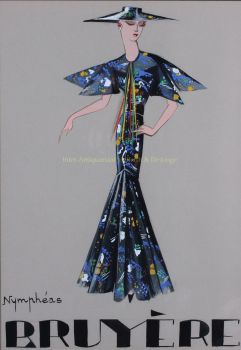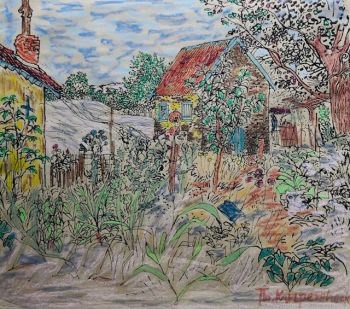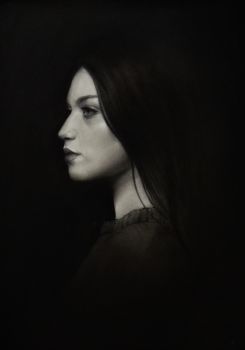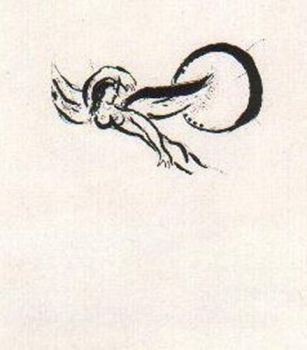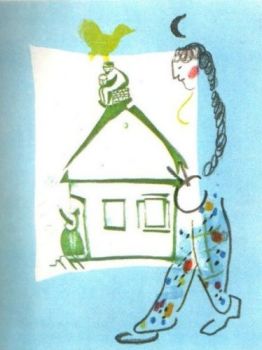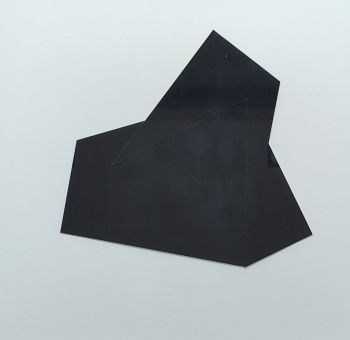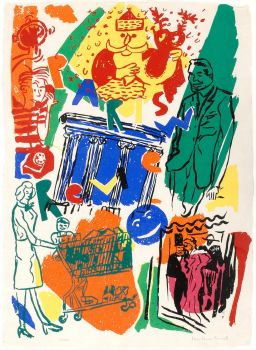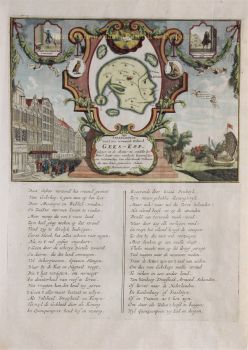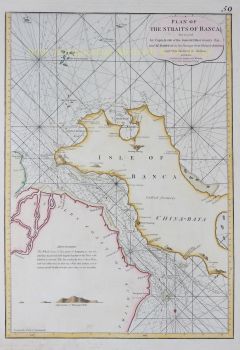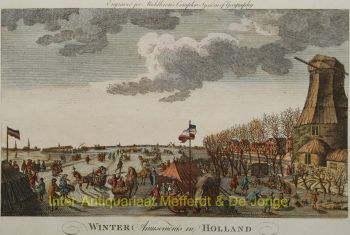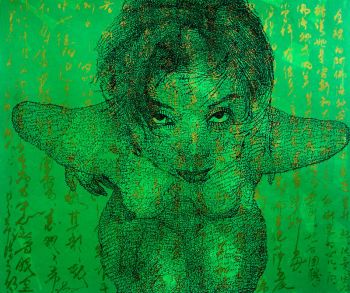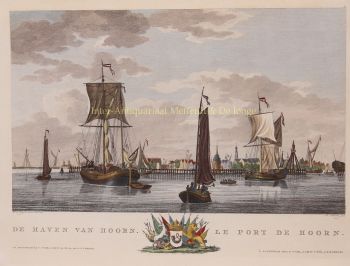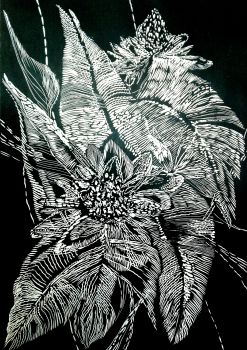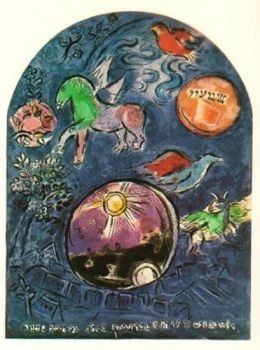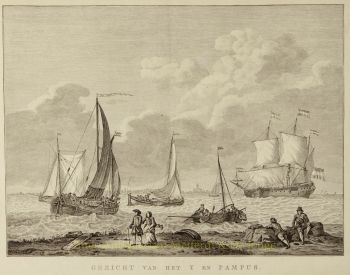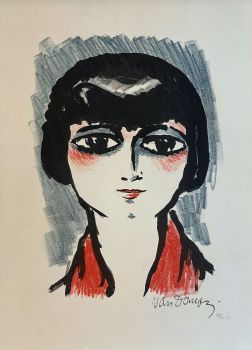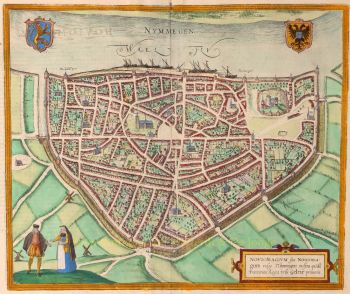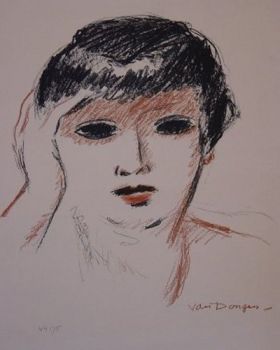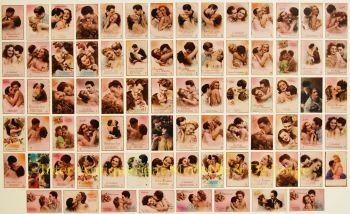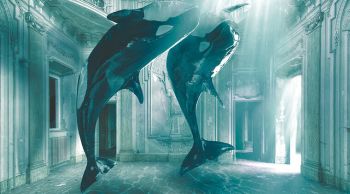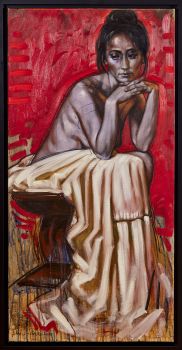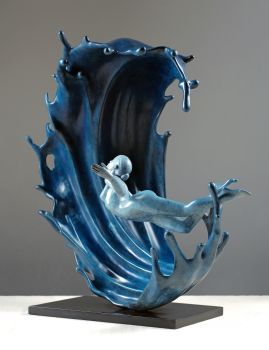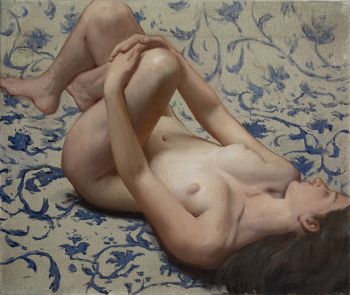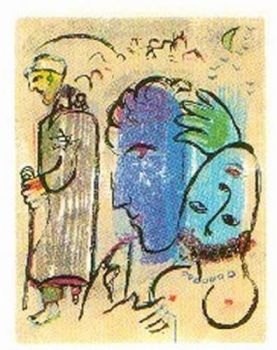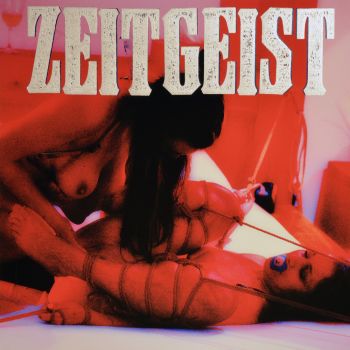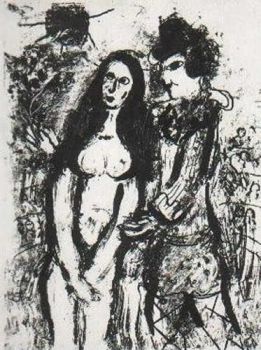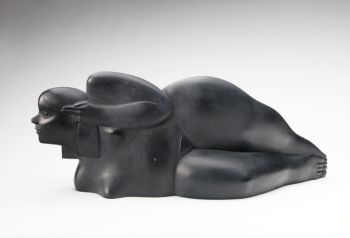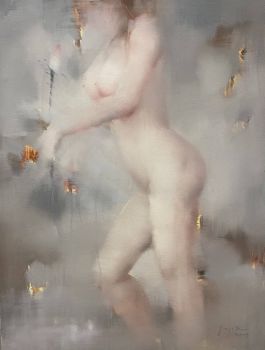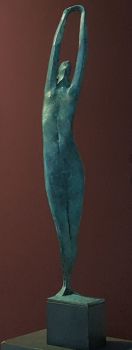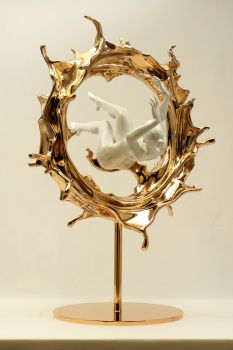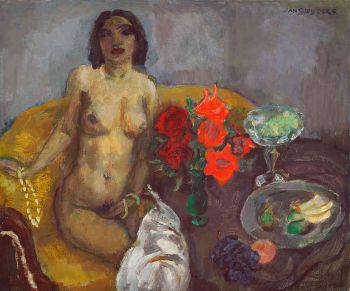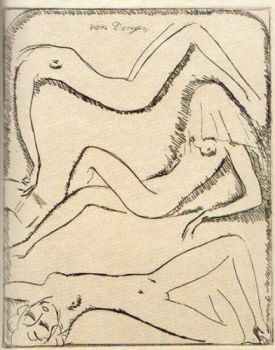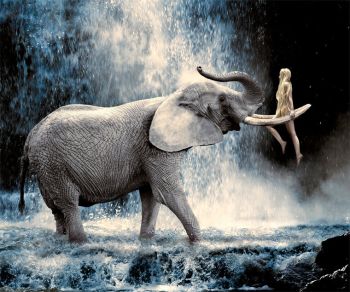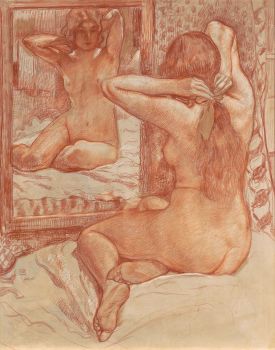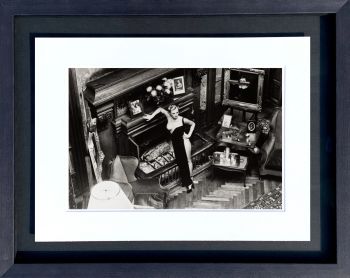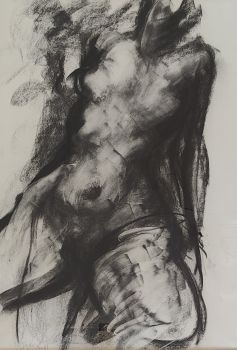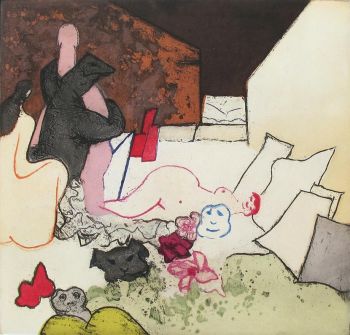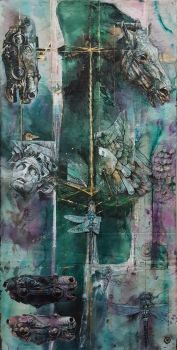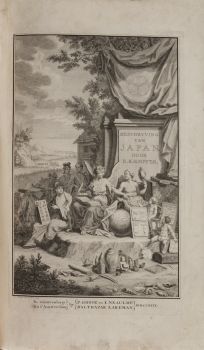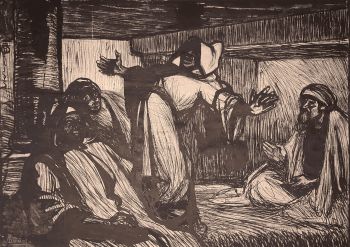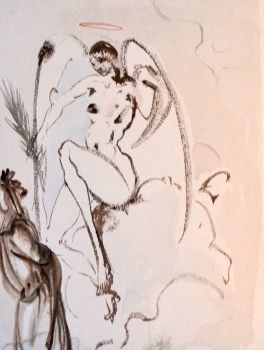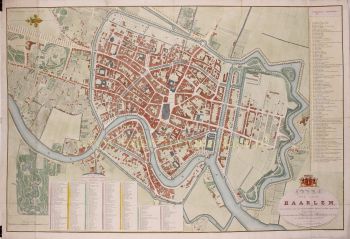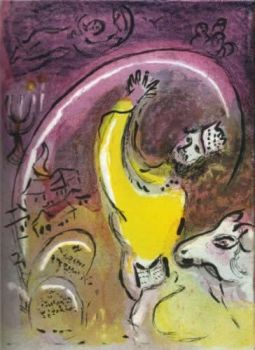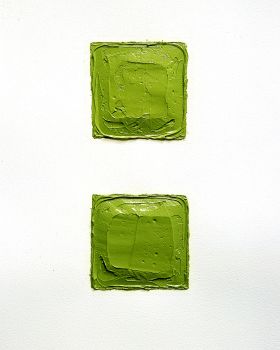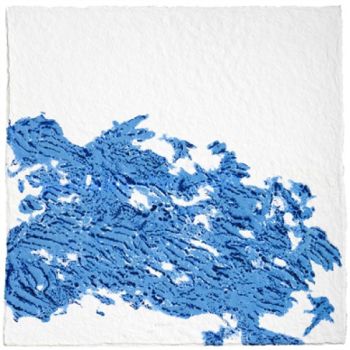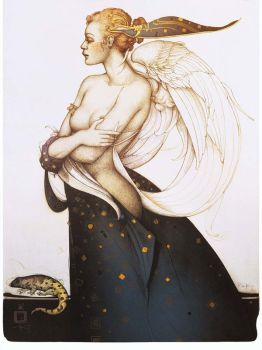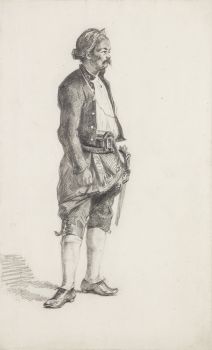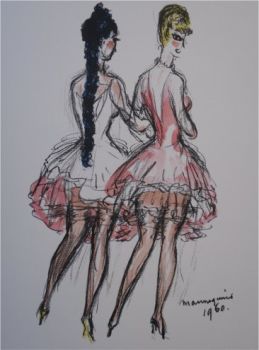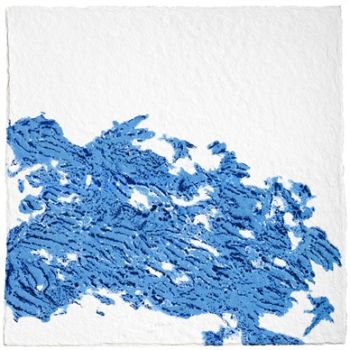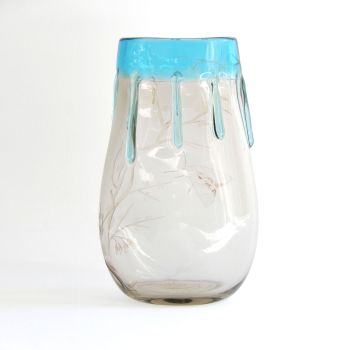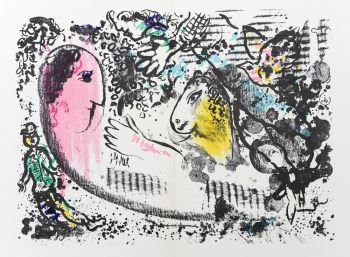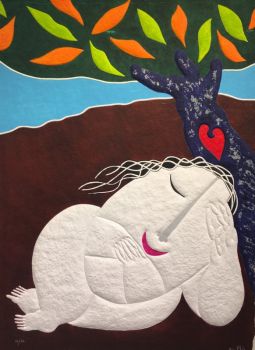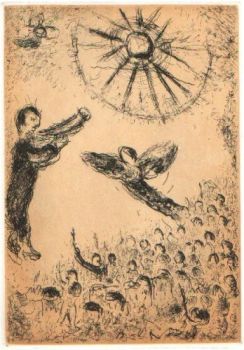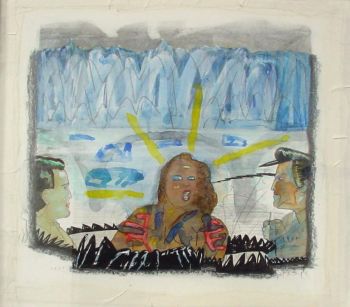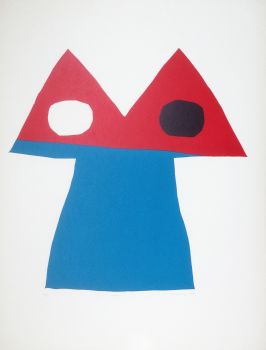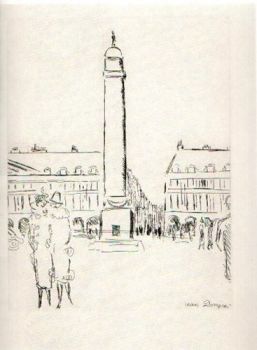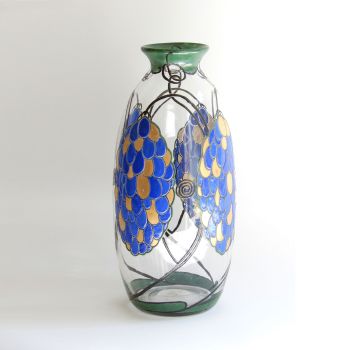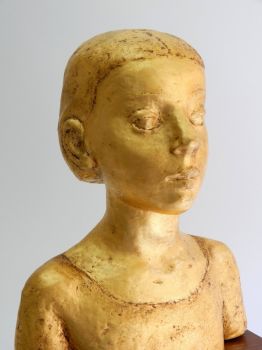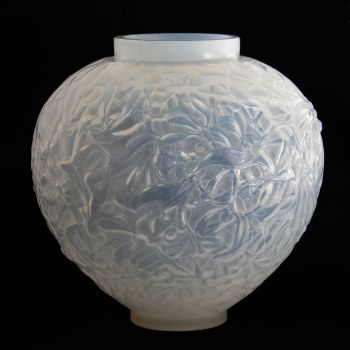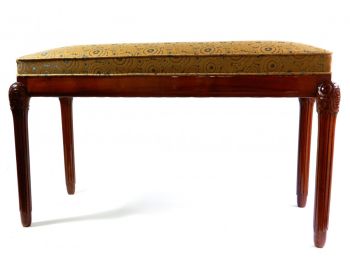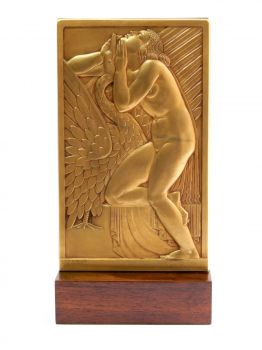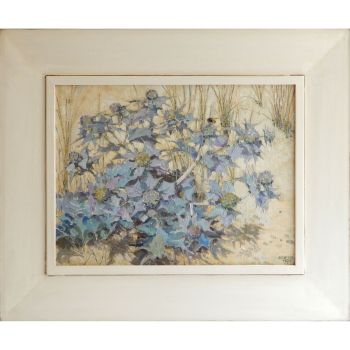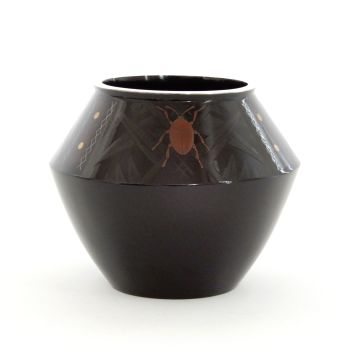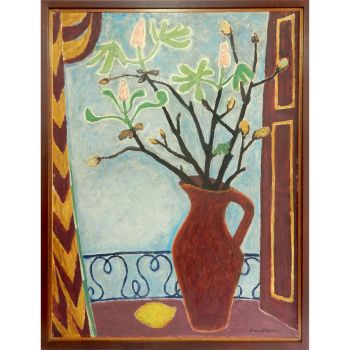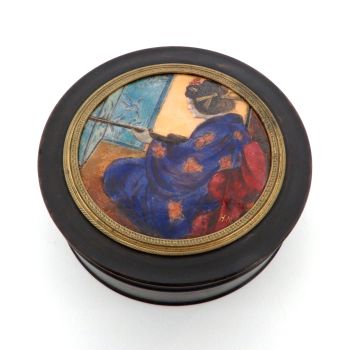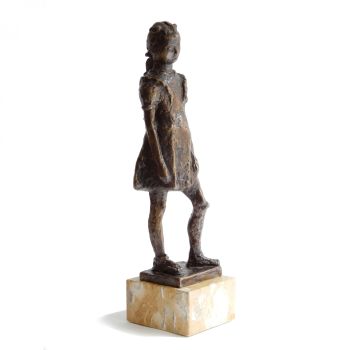Interior with nude 1920 - 1930
Armand Bouten
PapelAcuatintaImpresiónLápiz
Precio a consultar
Dille Art
- Sobre la obra de arteBeautiful work on paper by the Dutch painter Armand Bouten. In a nearly, moving and loving way, he portrayed his wife, the artist Han Korevaar, standing naked in her interior. The way he used his colours is so beautiful and atmospheric. Special detail are also the cats, on top of the table. Cats are often found in his paintings.
Watercolour and pencil on paper, in the bottom right signed in blue with "Bouten".
The work is newly framed with museum glass and framed with an acid-free cardboard back.
Biography:
Armand Bouten (Venlo 1893 - Amsterdam 1965), grew up in Venlo and left in 1912 to Amsterdam where he followed the study for art teacher at the 'Rijksnormaalschool'. Here he met the love of his life, Han Korevaar, who was a fellow student. They stay together all their lives.
His outspoken expressive paintings give him many negative critiques. In 1922, they married and decided to go on a honeymoon to Italy, eventually ending up in Budapest where they would stay for a year.
His paintings contain recurring themes and especially the desolation of a large city is a recurring theme, often he paints brothels, music-making Gypsies, cafes and cats.
They make multiple trips and stay in many different countries where they stayed for shorter or longer periods of time. They made multiple trips to mainly Eastern Europe and Berlin. In 1924 they went to Paris, they lived and worked in Montparnasse, a district with many artists and studio homes. They made easy contacts, made contact with the German art dealer Herwarth Walden, founder of the art magazine 'Der Sturm'.
In Paris, Bouten especially painted many elegant ladies in a festive environment. His work has clear influences of Chagall, which he also becomes to knew in Paris.
His work is more optimistic in terms of colour, his ladies looked happy and challenging. Especially his watercolours from the second half of the 1920's in terms of use of colour and brushwork are different. More pastel tones, lighter and looser. Eventually his work getting sadder, women are thin and also his use of colour is getting darker.
Presumably they get to live in Brussels in the 30's, they stay there until 1953. In the 1930s he also begins to make images that clearly had African influences. Right after the liberation in 1945, he has a major exhibition at Galerie Apollo, a reputable Gallery where Ensor, Permeke, Brusselmans and Gustave de Smet also exhibited. He is known as one of the artists of the École de Paris. It will be his last exhibition. He eventually returns back to the Netherlands in 1953 and lived the last years of his life in extreme poverty.
Literature:
In 2008, the Groninger Museum held a large retrospective on the work of Armand Bouten, and a book was published with the title; 'Armand Bouten (1893-1965), Kunst maakt zichzelf', een diepgeworteld expressionisme'. Susan van den Berg. Edition Groninger Museum, 2008.
Measurements:
Artwork:
Length: 32 cm (12,6")
Width: 24 cm (9,45")
Framed:
Length: 52 cm (20,47")
Width: 43,5 cm (17,13") - Sobre el artista
Armand Bouten vivía en la zona de Pijp de Ámsterdam. Se estableció como un hábil dibujante y pintor. En 1920, Bouten realizó una gira por Europa del Este, donde realizó acuarelas y gouaches de gitanos y ferias campesinas. Estas obras en papel fueron fáciles de llevar consigo en sus viajes por Europa. El período de expresionismo de Bouten en los años 1917 a 1919 - formas monumentales y colores brillantes / brillantes - cambió a un ámbito para elementos futuristas y una paleta más viva después de sus viajes. Los temas y temas que describió también cambiaron después de su regreso a Amsterdam, cuando comenzó a concentrarse en las escenas de la vida nocturna. Su obra tiene muchas similitudes con la del artista alemán Georg Grosz (1893-1959), aunque el enfoque de Bouten es diferente en el sentido de que nunca tuvo la intención de emitir juicios sobre sus sujetos.
¿Está interesado en comprar esta obra de arte?
Artwork details
Related artworks
- 1 - 1 / 1
Marc Chagall
Frontispiece for Windows for Jerusalem1952 - 1980
Precio a consultarArthouse Marc Chagall
Marc Chagall
Adam et Eve Chasses du Paradis Terrestre1952 - 1980
Precio a consultarArthouse Marc Chagall
1 - 4 / 24- 1 - 4 / 24
- 1 - 4 / 24
Engelbert Kaempfer
LIBRO DE ENGELBERT KAEMPFER1651 - 1716
Precio a consultarZebregs & Röell - Fine Art - Antiques
Rene Rietmeyer
"Netherlands, The Hague, March 2002"2002
Precio a consultarEuropean Cultural Centre Collection
Artista Desconocido
Dos retratos de estudio de Mas Marco Kartodikromo1900 - 1950
Precio a consultarZebregs & Röell - Fine Art - Antiques
1 - 4 / 24Artista Desconocido
Japanese art deco lacquervase with Scarab beetle motif1920 - 1950
Precio a consultarDille Art
1 - 4 / 12

